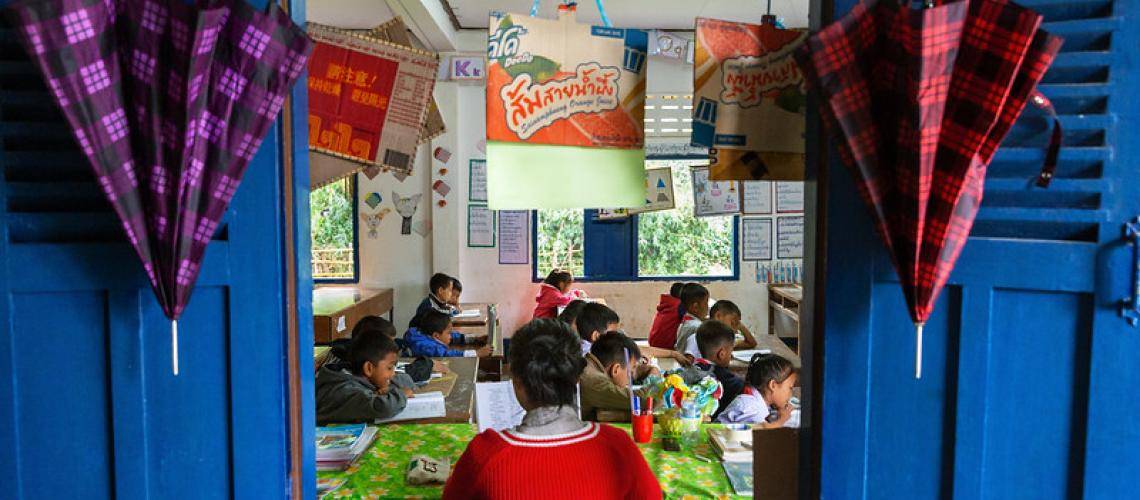Countries need holistic views into the realities of their populations and their education systems to target educational improvements to those who are most disadvantaged. A crucial issue for education data systems is the disconnect between household survey data, such as that collected by UNICEF’s Multiple Indicator Cluster Survey (MICS), and administrative data in education management information systems (EMIS). MICS data primarily focuses on demand-side factors, such as children's socio-economic characteristics and learning environment at home, while EMIS data covers supply-side factors such as school characteristics and teacher qualifications. These two datasets exist in parallel to each other.
This project aims to link the two datasets at the school level to connect information from the supply and demand sides and provide a more comprehensive view of the education landscape. The objective is to empower ministries of education to leverage data to understand household and school factors associated with education access and learning outcomes and help identify appropriate ways to improve learning outcomes for all children. The project seeks to generate new knowledge and evidence on gender equality, equity, and inclusion in education by linking education datasets, facilitating their application in different contexts, and promoting use of linked data for research. It also explores the extent to which gender, wealth, ethnicity, disability, and other factors affect access, learning, and progression through education; and effective ways of integrating and using data to address issues of gender equality, equity, and inclusion and to improve learning outcomes for all.

